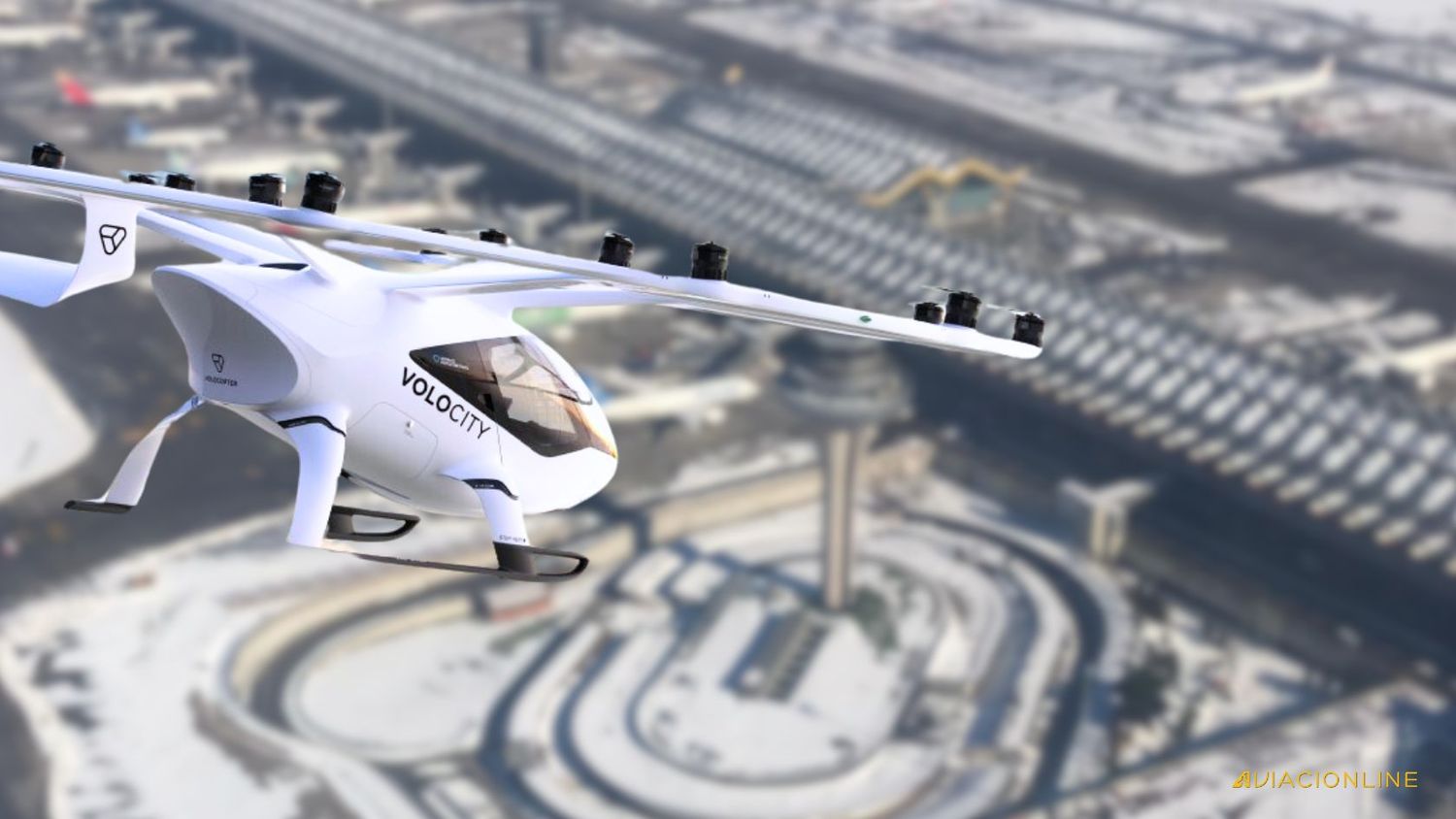Feasibility Studies Launch for eVTOL Integration in Aena’s Airport Network
Aena, together with UrbanV and Volocopter, two of the leading companies in the development of vertiports and electric vertical takeoff and landing (eVTOL) vehicles, have announced a collaboration to boost urban air mobility.
In the first phase, which will last for two years, a feasibility study will be carried out to develop urban air mobility in the Aena airport network. This will involve identifying potential customers, vertiport locations and commercial routes, infrastructure needs, and possible connections with other modes of transport.
Secondly, the possibility of conducting concept test flights at Aena airports will be evaluated. However, it is clarified that this is subject to obtaining funds, resource availability, and flight permits, among other issues.
And precisely, the statement emphasizes that «there are no shortcuts to building an efficient and sustainable UAM ecosystem in a new region,» but that the three companies have the expertise to do so both in Spain and globally.
«Aena’s Innovation and Digital Transformation is based on using technology to improve current and develop new businesses. We want to be international leaders in the use of digital tools with the objective of optimising the client experience, increasing operational efficiency, being more sustainable and developing new businesses around sustainable mobility. This project is part of the company’s global strategy in Urban Air Mobility and the validation of new technologies and processes in Aena’s airport network», said Luis Cañón, Director of Innovation and Customer Experience at Aena.
For his part, Caro Tursi, CEO of UrbanV, said they have » the ambition to become a major global operator of vertiport networks and we will be global pioneers in establishing some of the first AAM routes worldwide».
«For Volocopter, this pilot program is another fantastic opportunity to understand real-world needs and use cases of eVTOL, and to strengthen our partner ecosystem with Aena and UrbanV», added Christian Bauer, CFO and CCO of Volocopter.
The initiative also presents an opportunity to optimize passenger, cargo, and emergency services, through the use of autonomous aerial vehicles and other technological innovations.
Electrification, green hydrogen, and biofuels are key to achieving carbon neutrality in aviation by the year 2050, and eVTOLs, with their low noise footprint and zero emissions in flight, can significantly contribute to this goal, although there are still many challenges to face in terms of ground infrastructure development, airspace redesign, and the business cases that make operation sustainable.


Para comentar, debés estar registradoPor favor, iniciá sesión